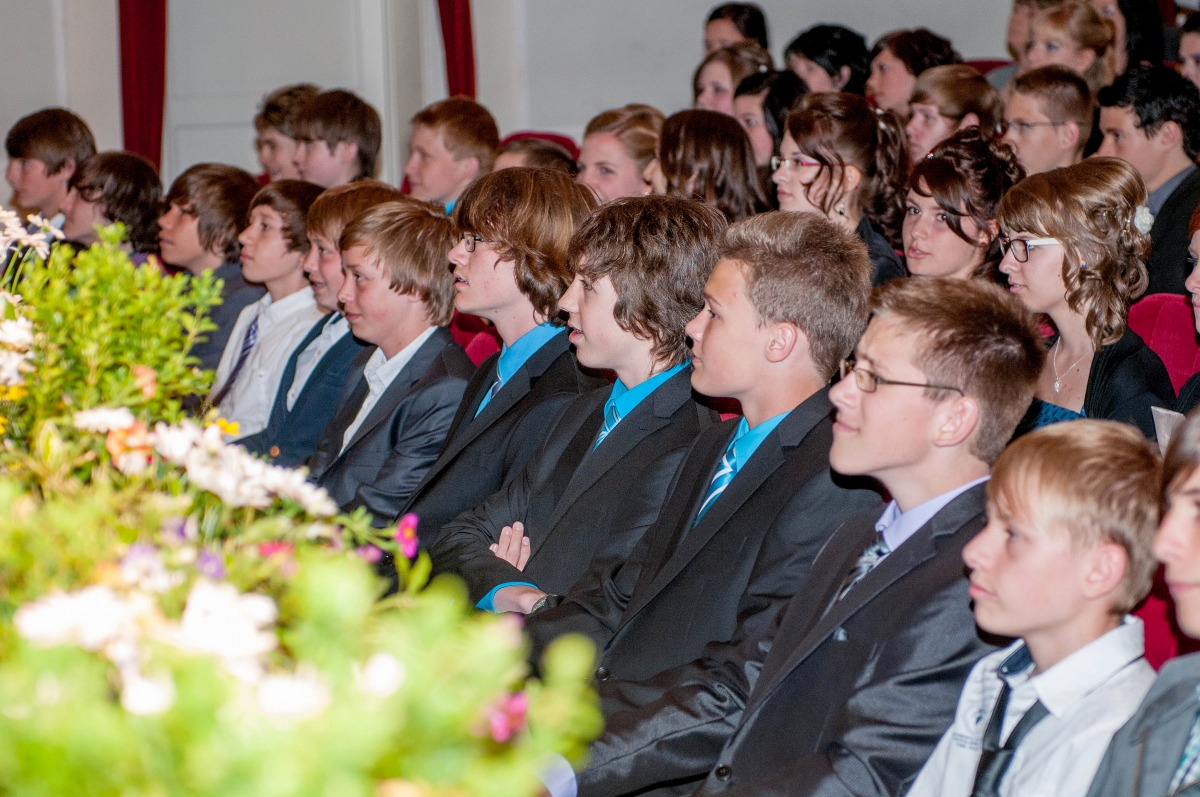In various ethnic groups, religions, and cultures, it has been a tradition for centuries to make young people aware of the end of their childhood and provide them with guidance for the expected adult life. Until the mid-19th century, it was exclusively common in Germany for adolescents to be confirmed or participate in communion, as it was the religious ceremonies that made them full-fledged members of society.
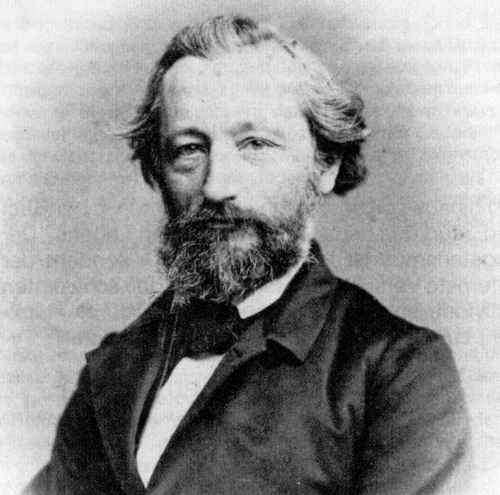
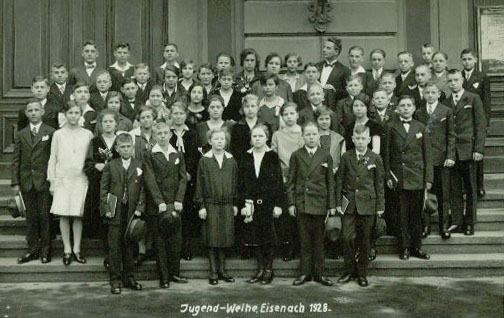
During the time of the bourgeois revolution, the groundwork was laid in Germany for a new freethinking movement. After 1848, German states relaxed their laws, leading to the establishment of free schools in many cities where non-denominational education was provided, and secular celebrations were held on the occasion of school leaving. In the "Freie Gemeinde" (Free Congregation) in Nordhausen, Eduard Baltzer first coined the term "Jugendweihe" (youth initiation) for these celebrations in 1852, initially as an introduction of young people into the Christian community but distinct from strict religious rituals. Gradually, the term gained popularity throughout Germany, and the first secular youth initiation ceremonies took place in Berlin, Hamburg, and Erfurt in 1889 and 1890. The number of girls and boys "initiated into youth" in Berlin on April 14, 1889, was a mere 37 participants. By the turn of the century, there were, for example, 50 participants in Hamburg. In 1912, the number had already risen to 1,800.
Over time, the ceremonies differentiated in terms of content and organizers. Freethinkers, labor unions, political parties, and associations sometimes conducted joint youth initiation ceremonies, and at other times separate ones. There is evidence of several such youth initiation ceremonies in Thuringia, such as in Apolda in 1900. The first celebration in Gotha took place in 1910 and was organized by the freethinkers. In the late 1920s, approximately a quarter of all adolescents in Hamburg, Berlin, and several other major cities participated in youth initiation and its preparatory courses.
It was logical that the Nazis saw the freethinkers as enemies of their culture. In 1933, youth initiation was banned by the "Decree for the Protection of People and State." Illegally conducted ceremonies took place sporadically, at great personal risk. In 1946, the first post-war celebrations were held in West Germany, organized by freethinkers, freethinkers, and free humanists. However, the level of distribution achieved in the 1920s has not been reached again until today.
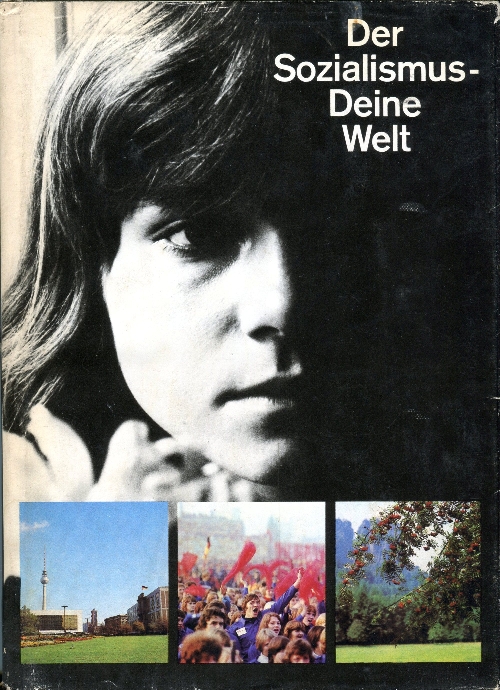


In East Germany, youth initiation was initially unwanted. In 1954, individuals came together who wanted to revive the 100-year tradition here as well and founded committees for youth initiation. After a hopeful start, youth initiation gradually became part of civic education, with mandatory youth sessions, pledges, and commitment rituals tied to the socialist state. Full participation was aimed for. Despite this, many participants from the GDR era fondly recall unforgettable shared experiences, a beautiful festive event, and a lively family celebration.
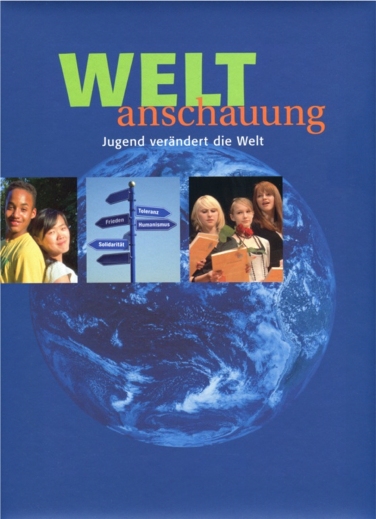
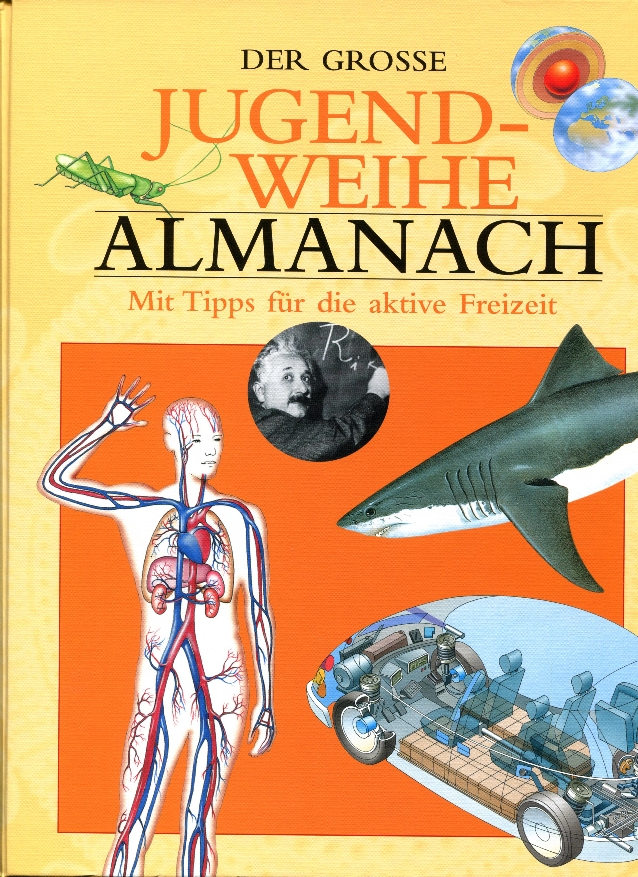

Undoubtedly, youth initiation is still an undisputed celebration for many familiesin the former Soviet zone (GDR) and increasingly also in West Germany today. It has become a tradition because yesterday, as well as today, it was and still is the desire of parents and relatives to provide their girls and boys with a dignified conclusion to childhood outside of religious rituals. Since its founding in October 1990, the Interessenvereinigung Jugendweihe LV Thüringen e.V. has been committed to this cause through the organization of youth initiation ceremonies and its open youth work and youth association work. The member associations of the state association contribute in this spirit.
Written by: Werner Riedel († 2016, honorary member of Jugendweihe Deutschland e.V.), Waltraud Roth († 2011, teacher & freethinker from Gotha)
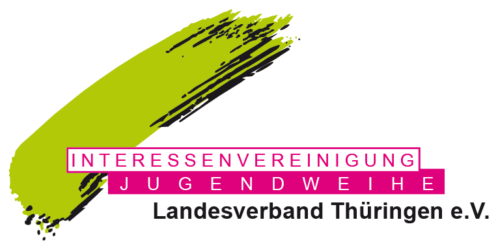
For information on dates and registration for the events, please contact our member associations.
You can find your relevant regional association here.
